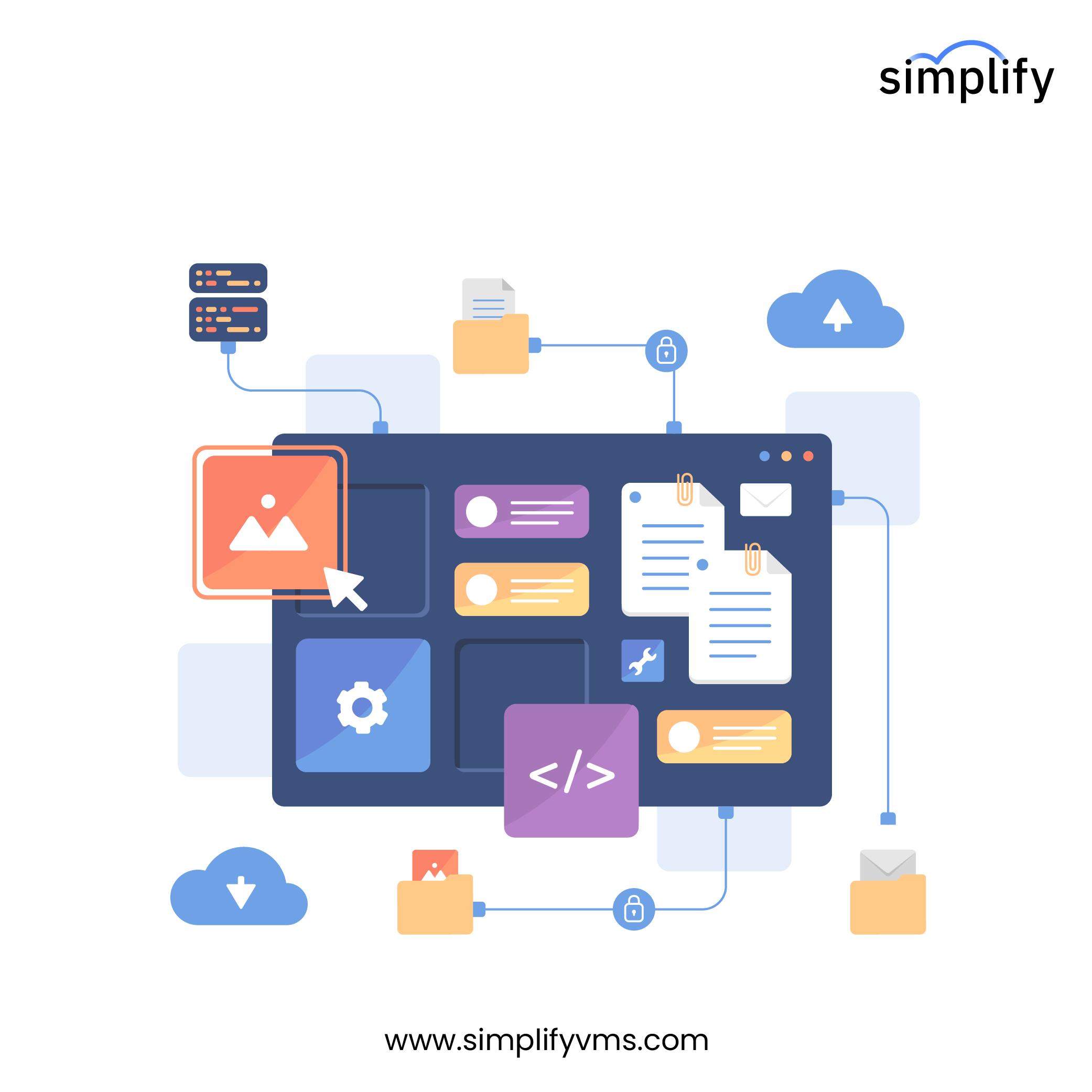Is Your Business Drowning in Bad Vendor Data? Here's the Solution You Need!

Vendor data management is crucial for businesses to effectively organize, analyze, and utilize information about their suppliers or vendors. This encompasses various data points such as contact details, contract terms, performance metrics, and transaction histories. Efficient vendor data management facilitates streamlined procurement processes and fosters stronger relationships with suppliers.
Key Challenges
Data Fragmentation:
One of the primary challenges in vendor data management is data fragmentation, where information is scattered across disparate systems and departments. This fragmentation hinders visibility and consistency in vendor information.
Data Quality:
Maintaining data quality is paramount. Incomplete, inaccurate, or outdated data can lead to errors, inefficiencies, and compliance risks, undermining the effectiveness of vendor management tools.
Manual Processes:
Relying on manual data entry and management processes is inefficient and error-prone. Automating these processes can significantly improve efficiency and accuracy.
Compliance and Security:
With the increasing focus on data privacy and security, ensuring compliance with regulatory requirements and safeguarding sensitive vendor information is critical. Robust data governance frameworks are necessary to address these concerns.
Strategies for Optimization
Centralized Repository:
Establishing a centralized repository or vendor master database is essential for consolidating all vendor-related information. This centralization enables easy access, updates, and maintenance of vendor data, enhancing the effectiveness of vendor management tools.
Standardization:
Implementing standardized data fields and formats ensures consistency and accuracy in vendor information. This standardization facilitates integration with vendor management tools and other systems, improving overall efficiency.
Automation:
Leveraging automation technologies such as optical character recognition (OCR) and robotic process automation (RPA) streamlines data capture and processing. Automation reduces manual effort and errors, enhancing the efficacy of vendor management tools.
Governance Framework:
Developing a robust data governance framework is crucial for ensuring data integrity, security, and compliance. This framework defines roles, responsibilities, and policies governing the creation, usage, and maintenance of vendor data, mitigating risks associated with direct sourcing recruitment.
Performance Analytics:
Utilizing advanced analytics and reporting capabilities allows organizations to track and analyze vendor performance metrics. These insights enable data-driven decision-making and proactive management of vendor relationships, improving the effectiveness of vendor management tools.
ERP Integration:
Integrating vendor data management processes with enterprise resource planning (ERP) systems facilitates seamless synchronization of vendor information with other business processes. This integration enhances efficiency and accuracy across the organization, particularly in direct sourcing recruitment.
Conclusion
Effective vendor data management is imperative for optimizing procurement processes, mitigating risks, and fostering strategic vendor relationships. By implementing these strategies, organizations can enhance efficiency and drive business success. Contact us to learn more about our comprehensive vendor data management solutions tailored to your business needs.
If you found this article informative and insightful, we encourage you to explore our other resources as well.
Frequently Asked Questions (FAQs)
1. Why is vendor data management important for businesses?
Vendor data management is crucial for businesses as it enables systematic organization, analysis, and utilization of vendor-related information. By effectively managing vendor data, businesses can streamline procurement processes, foster stronger relationships with suppliers, and make informed strategic decisions.
2. What are the common challenges in vendor data management?
Some common challenges in vendor data management include data fragmentation across disparate systems, poor data quality resulting from inaccuracies or outdated information, reliance on manual data entry processes, and ensuring compliance with data privacy regulations.
3. How can organizations overcome data fragmentation in vendor data management?
Organizations can overcome data fragmentation by establishing a centralized repository or vendor master database to consolidate all vendor-related information. Standardizing data fields and formats across the organization and integrating vendor data management processes with ERP systems also help in addressing data fragmentation.
4. What role does automation play in vendor data management?
Automation technologies such as optical character recognition (OCR) and robotic process automation (RPA) can significantly enhance efficiency and accuracy in vendor data management. Automation minimizes manual effort, reduces errors, and accelerates data processing, thereby improving overall productivity and effectiveness.
5. How can organizations ensure compliance and security in vendor data management?
To ensure compliance and security in vendor data management, organizations must adhere to regulatory requirements and implement robust data governance frameworks. This includes defining clear policies, procedures, and guidelines for the creation, usage, and maintenance of vendor data, as well as implementing measures to safeguard sensitive information.
- Art
- Causes
- Crafts
- Dance
- Drinks
- Film
- Fitness
- Food
- Giochi
- Gardening
- Health
- Home
- Literature
- Music
- Networking
- Altre informazioni
- Party
- Religion
- Shopping
- Sports
- Theater
- Wellness
- Politics
- IT
- Relationship
- Blockchain
- NFT
- Crypto
- Fintech
- Automobile
- Faith
- Family
- Animals
- Travel
- Pets
- Coding
- Comedy
- Movie
- Gioco
- Computer



